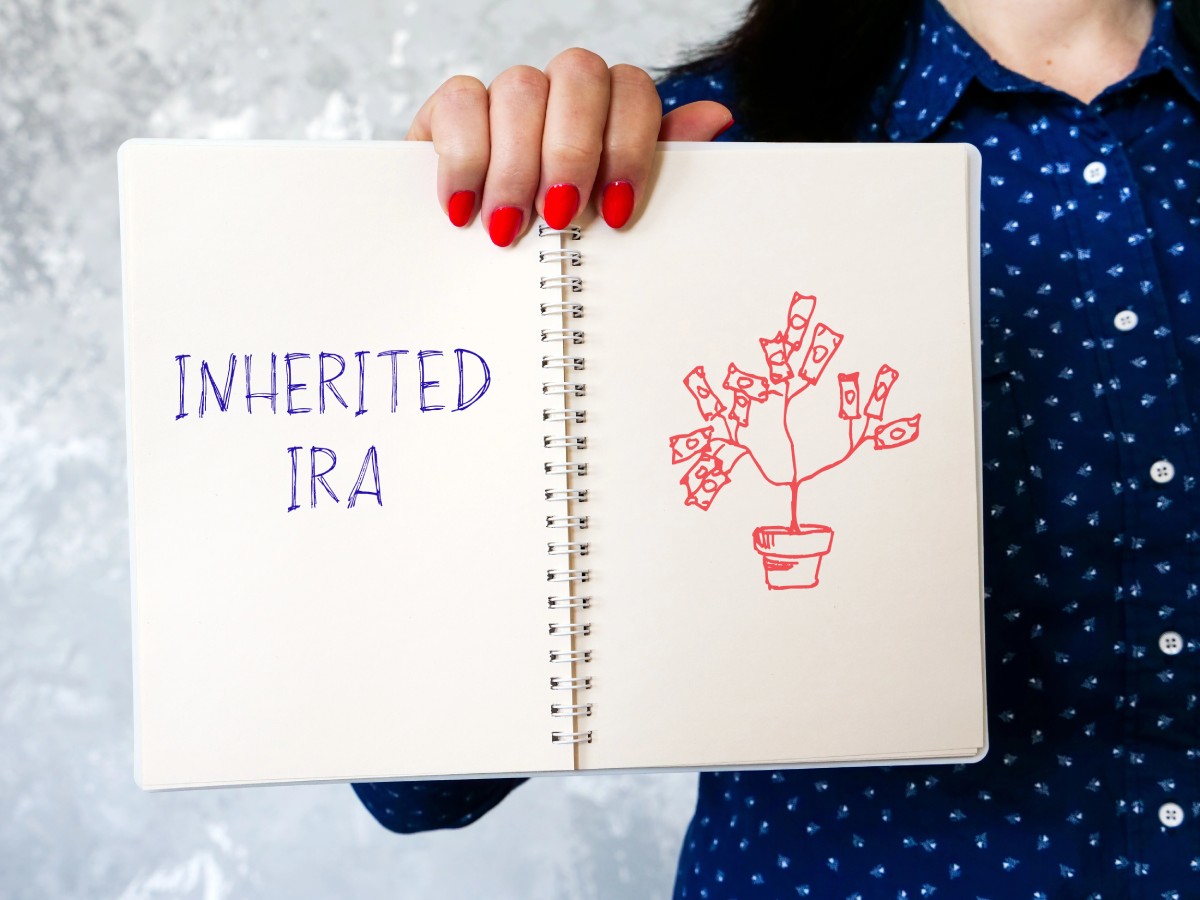Inheriting an IRA can be a financial blessing, but it also comes with some tough questions, especially when it comes to taxes on inherited IRAs. While an IRA is a fantastic way to save for retirement, the tax rules shift when you inherit one. Understanding how to manage those taxes can make a significant difference in how much you end up paying. If you want to learn how to avoid paying taxes on an inherited IRA, this article will guide you through strategies to reduce the impact and make your inheritance work better for you.
What Happens to an IRA When You Inherit It?
When someone leaves you an IRA after they pass, you’re typically allowed to take the money from the account at any time. However, there are rules in place to ensure that the IRS gets its share of the distribution. Whether you inherit a traditional IRA or a Roth IRA, the tax treatment can differ.
In both cases, the first thing to understand is that taxes are generally due when you take money out of the account. The amount of tax you’ll pay depends on the type of IRA you’re inheriting, as well as how you choose to take the money out. While the rules are complex, there are ways to minimize the tax hit.
How Taxes Work on a Traditional IRA
A traditional IRA works by allowing tax-deductible contributions and tax-deferred growth. However, when you take distributions from a traditional IRA, those withdrawals are considered taxable income and are taxed at your regular tax rate. This can lead to a big tax bill if you’re not careful, especially if the amount you withdraw pushes your income into a higher tax bracket.
The good news is that as a beneficiary, you can avoid the 10% early withdrawal penalty that would normally apply if you’re under age 59 ½. But that doesn’t mean you won’t face taxes, just penalties. If you inherited a traditional IRA, you’ll have to pay regular income taxes on any withdrawals.
What About Taxes on a Roth IRA?
When it comes to a Roth IRA, things work a bit differently. Roth IRAs are funded with after-tax dollars, which means that tax on your contributions has already been levied. The good news here is that withdrawals from a Roth IRA are usually tax-free as long as the account has been open for at least five years. If the account is less than five years old, though, any earnings will be taxed as ordinary income.
If you’re lucky enough to inherit a Roth IRA from your spouse, you can treat it as your own, and you won’t need to take minimum required distributions (RMDs). For Roth IRAs inherited from anyone else, you’ll need to take RMDs within 10 years. Fortunately, those distributions will still be tax-free as long as the five-year rule is met.
Tax on Inherited IRA: How to Avoid Extra Taxes
The key to minimizing taxes on an inherited IRA is understanding your options. You have a few different strategies that can help you pay less in taxes, depending on your circumstances. Here’s how to manage the tax consequences:
One of the first things to avoid is cashing out the inherited IRA immediately. Withdrawing everything in one lump sum might sound appealing, but it can push you into a higher tax bracket and result in a hefty tax bill. Instead, consider spreading out your withdrawals over time. By doing so, you can potentially lower your overall tax burden, especially if you’re in a lower tax bracket at some point in the future.
Spouse vs. Non-Spouse Beneficiaries
The tax rules are a little different depending on whether you’re inheriting the IRA from a spouse or another individual. If the original IRA holder was your spouse, you can treat the account as your own. This allows you to delay RMDs until you’re required to start taking them based on your age. In addition, you won’t have to pay taxes until you start taking distributions.
On the other hand, if you inherit an IRA from someone other than your spouse, the rules change. You’ll generally be required to take RMDs based on your life expectancy or, if applicable, empty the account within 10 years. The timeline and strategy depend on the type of IRA, but taking RMDs can affect your taxes.
Tax Planning for Inherited IRAs: The Bottom Line
The main takeaway is that you don’t have to rush into withdrawals or settle for the first tax option you’re given. Instead, take time to explore different strategies that can minimize your tax bill. Smart planning can help you avoid paying unnecessary taxes and allow you to pass along more of the inheritance to your loved ones.Consider speaking with a professional who specializes in taxes and estate planning, such as Nevada Trust Company. We can help you navigate these complex rules and ensure that you make the most of your inheritance. If you’re facing questions about how to manage your inherited IRA, contact us today for personalized advice and support.






